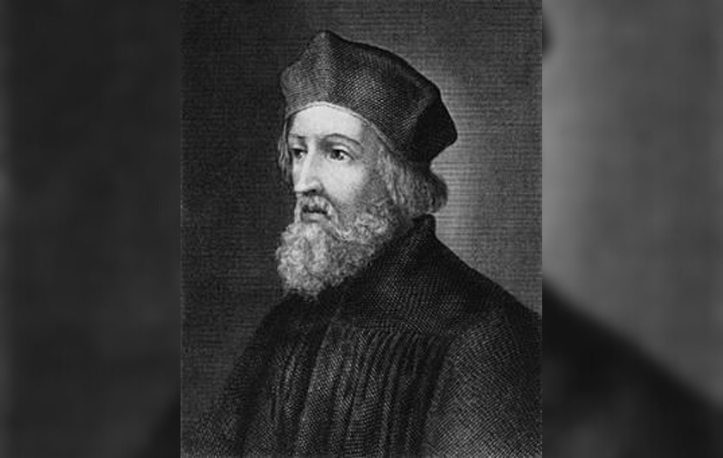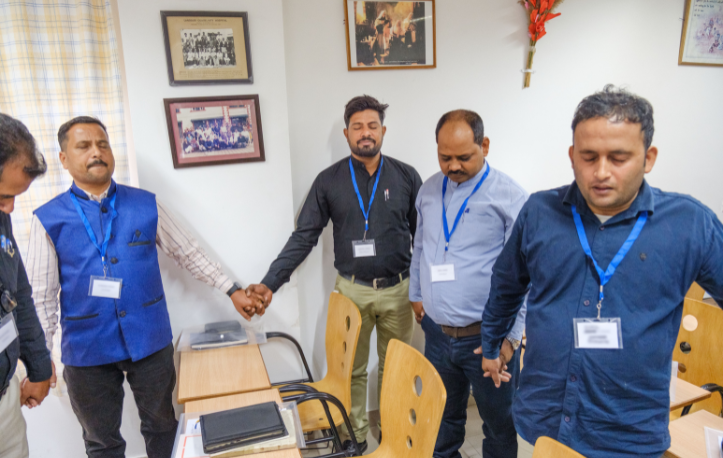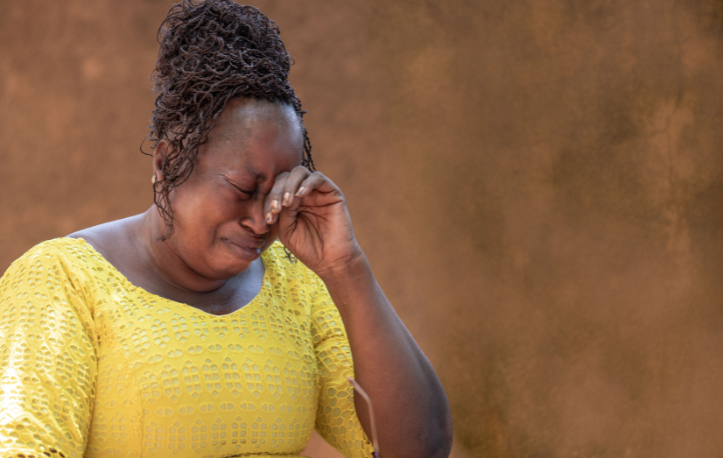A pastor’s family continues his ministry after his murder by local Islamists.
The northern Tanzanian city of Geita is home to one of the largest gold mines in Africa. Its bustling main street is lined with hundreds of shops, whose proprietors stack various wares in front of their stores in the hope of enticing passing miners to part with their earnings.
While competition between the shops is obvious and intense, less apparent is the friction between Muslims and Christians in the region. Religious tensions have at times turned violent, as they did on the day Pastor Mathayo Kibibi was killed.
Business, Marriage and Ministry
Mathayo started his career in one of the area’s many shops, selling grain by the kilo. In 1988, he married one of his regular customers, a woman named Generosa Kachila.
Though both Mathayo and Generosa grew up in Christian homes, they held the same animistic beliefs as most others in their village, and several members of their families had exhibited signs of demonic possession. “Sometimes my sisters would become strangely confused,” Generosa said, “and other voices would come out of them.” She said her sisters thrashed around uncontrollably, even violently, at times. Then, in 1997, a visiting pastor led her sisters to faith in Christ. Generosa said they were completely healed after praying with the pastor.
Seeing the dramatic change in their relatives, Mathayo and Generosa also placed their trust in Christ and joined a local church. Mathayo, gifted with natural organisational skills, was soon asked to be the church’s administrator. He later attended a Bible school and, in 2005, became a pastor and taught Bible lessons in the church and at home.
“He was very close to the children,” Generosa recalled. “Sometimes he would teach them the Word of God. He also taught them that if somebody has done you wrong, not to take revenge.” Pastor Mathayo’s lessons were soon to be tested.
The Riot
Animosity between the Muslim and Christian communities in Geita and nearby towns had been growing for years. In 2007, local Muslims tried to force Christians to have their animals slaughtered according to halal (sanctioned by Islamic law) processes. The Christian community refused.
On 13 February 2013, a Tanzanian politician reportedly said that in his opinion, everyone should follow the halal requirements. His comments incited violence in the community and, predictably, a local mosque soon announced that a Christian pastor had slaughtered a goat without paying for the halal process.
Generosa said she remembers hearing the loudspeaker announcement: “Christians are not allowed to slaughter their own animals, and today they have done it here!” A short time later, a mob formed to look for the pastor.
Rioters attacked Christian butcher shops on the main street of town, throwing meat onto the road while screaming that it was haram, or forbidden.
On his way to pick up some marriage licences, Mathayo walked directly into the chaos. Though he had not been involved in slaughtering the goat, one of the rioters recognised him and yelled, “There’s the pastor!”
The mob grabbed him, beat him and attacked him with machetes.
Eventually, a friend broke through the crowd to help Mathayo. Generosa said that as her husband lay on the street dying, he told his friend the names of attackers that he recognised. Then he said, “I am not well and will soon depart. Please take care of my family.” He never regained consciousness and died a few days later while being transported to a larger hospital.
Devastated by her husband’s murder, Generosa worried that the attackers might return to kill her and her 11 children, who ranged in age from 4 months to 19 years old. A front-line worker soon eased her concern by providing the family with emergency shelter.

Starting Again
Since the attack, front-line workers have helped the family with living expenses, including educational fees for the children. Generosa works as a farmer to provide for her family, but they have still struggled at times. When she becomes anxious about their situation, Generosa reminds herself to fast and pray. She said when she does that, God brings her comfort and relief.
Although losing their dad was very painful, the children said they are grateful that their earthly father first introduced them to their Heavenly Father. “The children stayed calm,” Generosa said. “They didn’t feel the need to seek revenge. They said, ‘OK, perhaps God knows why this happened and will take care of us’.”
Generosa’s oldest son, Valentine, attended a Bible school on scholarship. After graduating, he decided to live and work where he could help support his mother and siblings. He runs a carpentry stand down the road from where his father was killed, and he remains thankful for Mathayo’s life and witness. Following his dad’s example, Valentine looks for ways to use his Bible school training while doing his carpentry work. “I am witnessing on the streets,” he said.
Generosa said that when she thinks of Mathayo now, she recalls how they served the Lord together. “The memories that I have are how we were praying for the sick people, people with problems,” she said. “That is a ministry that I am still doing.”
Although one person was prosecuted for Mathayo’s murder, Generosa and her family occasionally see others they believe were involved in the attack. Despite the risk, Generosa and her children are committed to continuing Mathayo’s ministry — proclaiming Christ, a treasure more precious than gold, to everyone in the Geita region.




Submit a Prayer